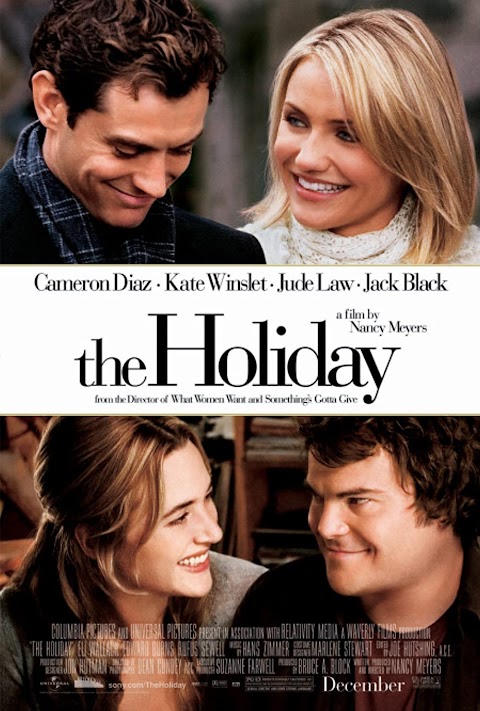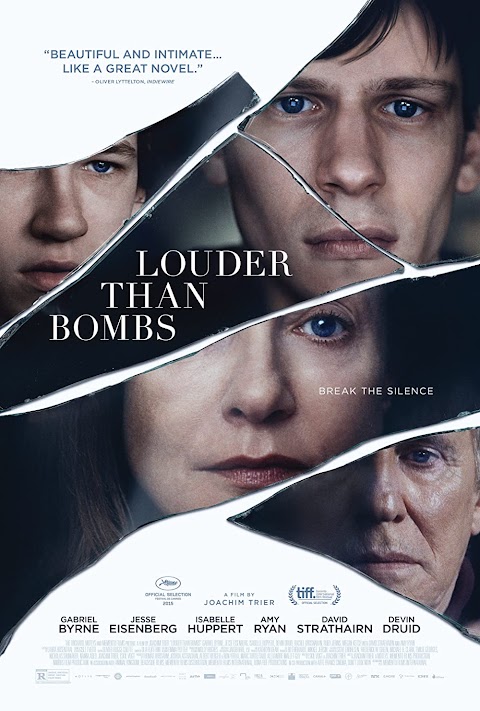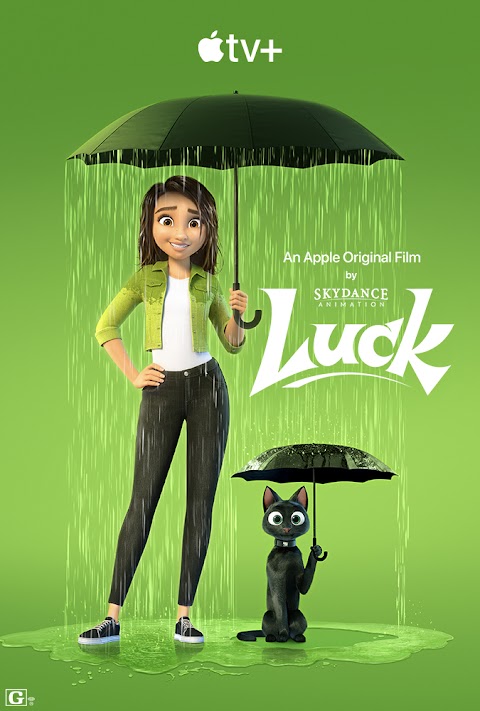The French poet Charles Baudelaire says: "Whoever looks outside through an open window sees much less than a person who looks at a closed window." French director Georges Franju explains: "If you look through an open window, you will see what's outside. But if you look through a closed window you will imagine everything."
A few days ago, I opened my screen on the film «Thoroughbreds», and when I finished watching it, the torrent of previous sayings flowed on my head successively, and I found them consistent in detail next to what I experienced with this wonderful film, full of nectar of those insightful phrases, which in turn reflected the true face behind the power of cinema, whose culture is distorted by many of the public, because they believe that it is just a narrative process that reduces the writer's novel or the story of the storyteller and then turns it into a visual scenario whose threads they follow in search of the conclusion that secures their immediate needs. From that experience.
Oblivious to the fact that the cinematic image is a visual medium that expands the vision of truth and reveals its underlying dimensions, referring to its implicit reading between the lines. However, the human eye, for example, cannot know everything that is happening in front of it, unlike the camera, which penetrates into areas that are difficult for the eye to reach in return. Imagine this scene with me: an artist filming a city street one day, and when he returns home and reviews what he filmed all day, he discovers that a murder took place in front of his eyes! It is the insight of the image from which we run out and to which, gentlemen, we return hungry to its wisdom and eloquence of meanings. It is the time that Andrei Tarkovsky carved and embalmed, or as Bertolt Brecht put it, describing the entire film process: "Realism is not the reproduction of reality, but the demonstration of how realistic things are."

Screening at last year's Sundance Film Festival before being commercially released in March, "Thoroughbreds" tells the story of two teenage girls: Amanda (Olivia Cook) and Lily (Anya Taylor-Joy). Both girls were childhood friends, but what happened in Amanda's life reflected negatively on the continuation of her relationship with Lily, which led to their separation from each other, to return in adolescence again through Lily providing private lessons to Amanda after the latter suffered from psychological disorders following a scandal related to the killing of her horse, which led to her leaving school. This forced her mother to write to Lily in order to help her by giving her private lessons to reunite her again and to get closer to her, but Lily also suffers from a miserable life with her rich and arrogant stepfather, and carries him feelings of hatred and hatred, which gradually worsen with the reunion with Amanda and the companionship is restored to its course, but this time in order to carry out a murder targeting the stepfather.
"Thoroughbreds" reminds us that making a successful film needs successful writing, and that writing needs an appropriate perspective to contain it. The text of «Finley» is interested in revealing the dark corners of the human soul full of hatred and defused desires, and his idea starts from a bubble of emptiness that affects people in various aspects of their lives - specifically teenagers who sometimes kick grace in the face of their families - but this time it was limited to photographing the wealthy among them, who tried «Finley» to transfer their luxurious lives to an empty sight without a soul, and by introducing the lives of each of the two teenagers, who did not lose sight of the camera throughout the duration of its presentation. The first is Amanda, who lost her emotion at an early stage in the face of psychological disorders that deposited her without feelings, just a fixed face and a "robotic" movement that led her to absolute nihilism, mocking those around her and their false feelings, and turning to contempt for human nature and contradicting the idea of creation, the Creator, humans and their sanctities. Unlike the first, Lily, who is sensitive when it comes to expressing her pent-up feelings and underlying tendencies toward her stepfather, as the relationship with Amanda resumes, the latter stimulates Lily's lethargic feelings and reveals the sharpness of her fangs. It is as if it were a complementary relationship; one possesses feelings in the absence of action and another possesses action in the absence of feelings. The film reminds you of Swedish director Ingmar Bergman's masterpiece: Persona, but certainly different philosophical and deep emotions. In addition to the flat gaze on the personality of both mother and husband in Lily's eyes, the former is naïve, foolish, empty and shows signs of a debilitating conscience towards her daughter about her early marriage shortly after the death of her ex-husband, while her current husband is tyrannical and overshadowed by the arrogant and constant provocation of Lily.
Finley's script initially had a directorial vision on stage before eventually becoming a directorial script on screen. This is evident through his division of the story into several chapters and the use of his theatrical experience to take his actors and adjust his shots and edit them aesthetically and carefully, not in a hurry, with the help of photographer "Lyle Vincent", the owner of the lens of the film "Bushwick", who used the philosophy of one shot previously, which, despite its boldness, was very modest. Here, the shots had a real aesthetic dimension, the latter reduced them between lengthening and shortening, between digression and brevity, between encroachment and flatness, some fixed, others oscillating, interacting dynamically with the visual formations of "Finley", which bears the main theme of the text "The Void Complex", in terms of the transition between empty spaces, cold weather, wide cadres, and long corridors in the walk, all coupled with a diabolical sound tape that spreads its whispers and impurity among the parts, flowing from stuttering "drums" and "cello" instruments, polluting the scenes as if filling the bubbles of emptiness. with disturbing nightmares, as if translating the disturbances of the characters and their nefarious behaviors.
"Thoroughbreds" possesses a terrible Hitchcockian power like that of his 1948 film "Rope of 1948", which is burdened with criminal tendencies and dark intentions, originally stemming from playful, arrogant characters and shaky playful characters. Its events also involve a potential danger at any time and with any gesture or movement. His dialogues are as scathing as the sword, and his atmosphere is shocking and nightmare. But what really sets him apart is the mastered performance of his cast, especially the two wonderful actors: Olivia Cook and the late Anton Yelchin.
Score: 4/5
























Post a Comment
0 Comments